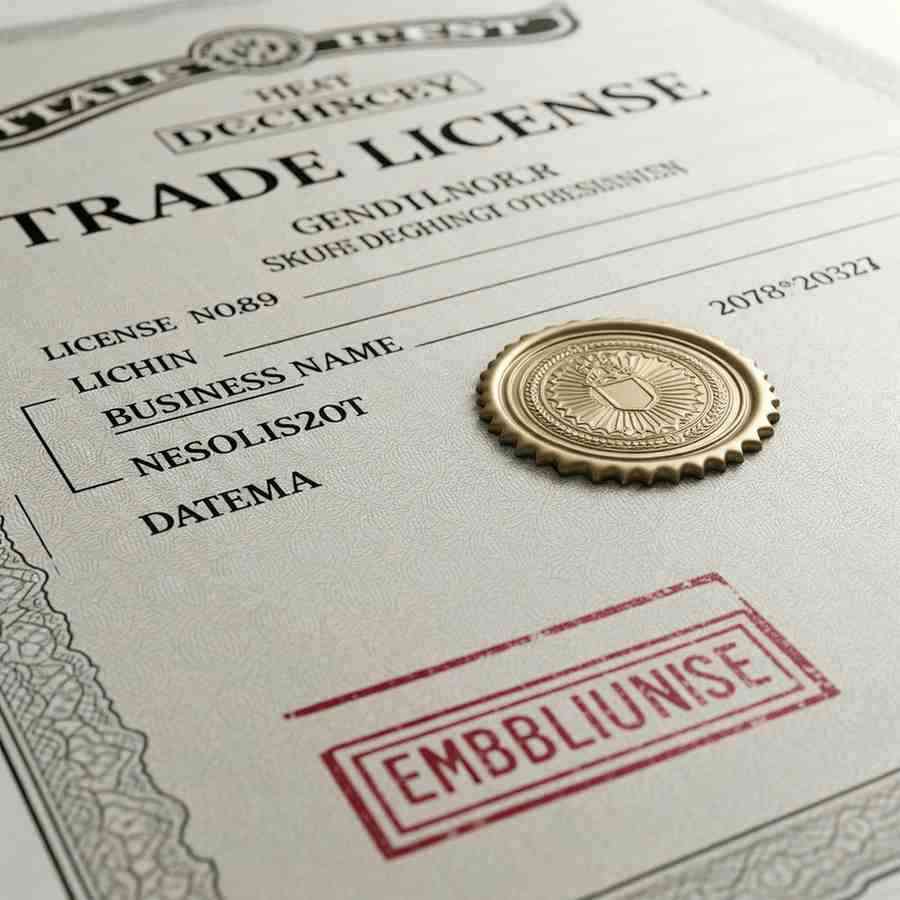


Learn the trade license requirements for food trucks and mobile businesses in India, including eligibility, local rules, and compliance steps.
Mobile businesses and food trucks are growing in popularity across India, especially in urban and tourist-heavy areas. While they offer flexibility, lower overhead costs, and mobility, they must still comply with local laws—particularly Trade License requirements. Many new entrepreneurs mistakenly believe that mobile businesses are exempt from such rules, but that’s not the case.
This blog explains how Trade License norms apply to mobile businesses like food trucks, ice cream vans, or pop-up kiosks, and what owners need to consider before hitting the road.
Is a Trade License Mandatory for Mobile Businesses?
Yes, a Trade License is still mandatory even if your business does not operate from a fixed brick-and-mortar location. Municipal corporations or local bodies require every commercial activity to be registered under a valid trade license to ensure public health and safety standards are met.
For food trucks, especially, hygiene, waste disposal, fire safety, and food handling practices come under scrutiny. Thus, Trade License approval becomes a crucial step in legalizing operations.
Where to Apply for the License
The application must be made to the local municipal corporation or the licensing department in the city where the vehicle will primarily operate. If you plan to move across jurisdictions, you may need additional permissions from multiple local bodies.
For example, a food truck in Mumbai must get a Trade License from the Brihanmumbai Municipal Corporation (BMC), while the same business in Delhi must comply with the Municipal Corporation of Delhi (MCD) norms.
Documents Required
Proof of ownership of the vehicle or valid lease agreement
Identity and address proof of the owner
No Objection Certificate (NOC) from the local traffic police
Location plan or operation zones
FSSAI license if dealing in food
Fire department clearance, if applicable
Photographs of the setup
Special Approvals for Food Trucks
In addition to the Trade License, food trucks must get FSSAI registration, fire safety clearance, and comply with pollution control norms. Some municipalities even require GPS installation on trucks for better tracking of operations.
Operating near schools, hospitals, or government buildings may be restricted or require additional permissions.
Zoning Rules and Parking Permissions
You cannot park or operate a food truck just anywhere. Most cities define permissible zones where mobile businesses can function without disrupting traffic or public safety. Violation of these zoning norms can lead to fines, cancellation of the license, or impounding of the vehicle.
Some cities provide designated vending zones or food truck parks where operations are allowed during certain hours.
License Validity and Renewal
Trade Licenses for mobile businesses are typically valid for one financial year and must be renewed annually. Authorities may inspect the vehicle and documents before approving the renewal. Keeping all records up to date and strictly adhering to the permitted operating area is essential for smooth functioning.
Penalties for Non-Compliance
Operating without a valid Trade License or outside approved zones can attract fines, suspension of business, or even legal action. Frequent violations may also lead to permanent cancellation of the license.
Conclusion
Starting a mobile business or food truck is an exciting venture, but staying compliant with municipal Trade License requirements is key to running it smoothly. Given the dynamic nature of these businesses, entrepreneurs must plan licensing and permissions in advance and keep all documents up to date.
